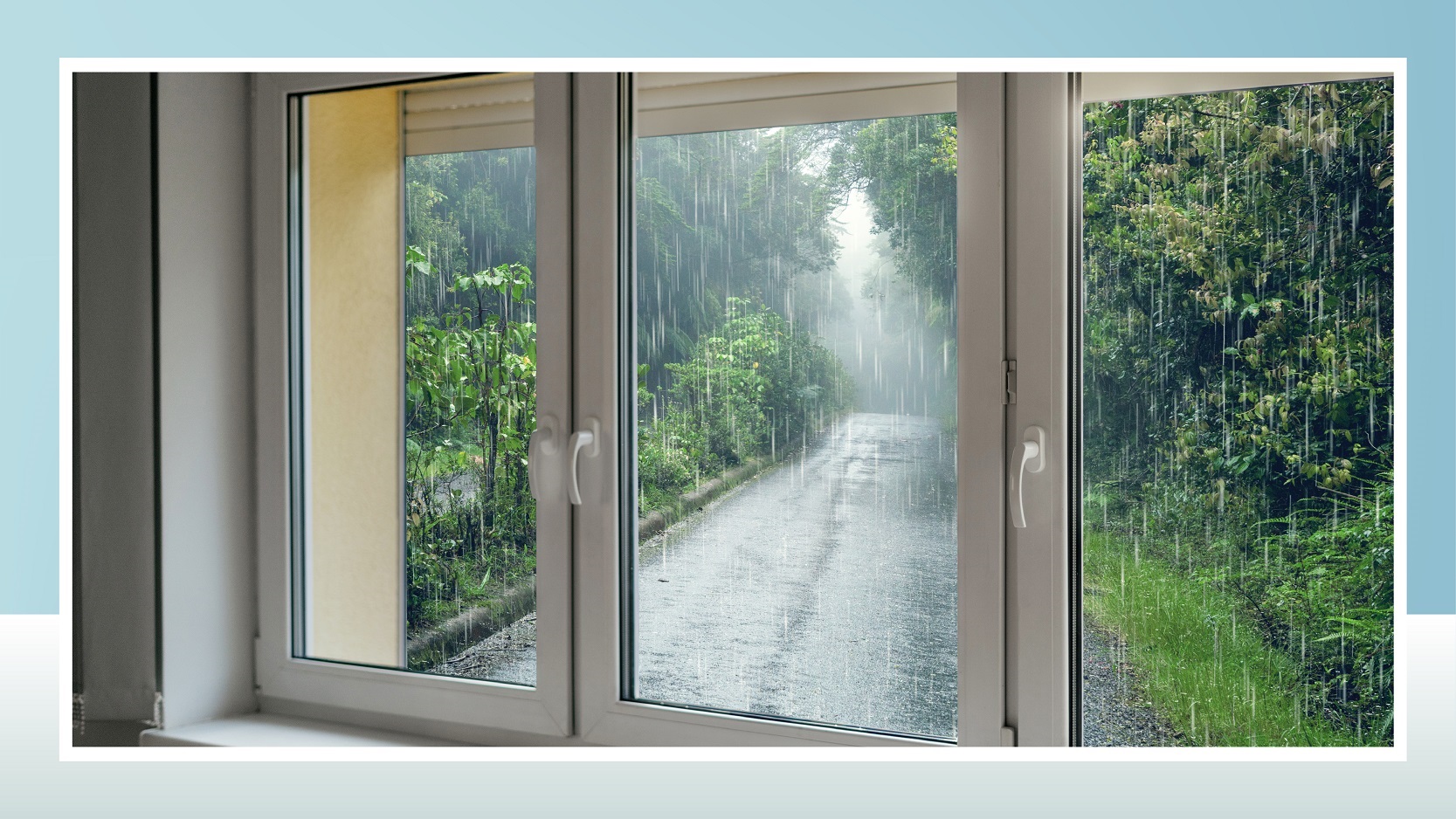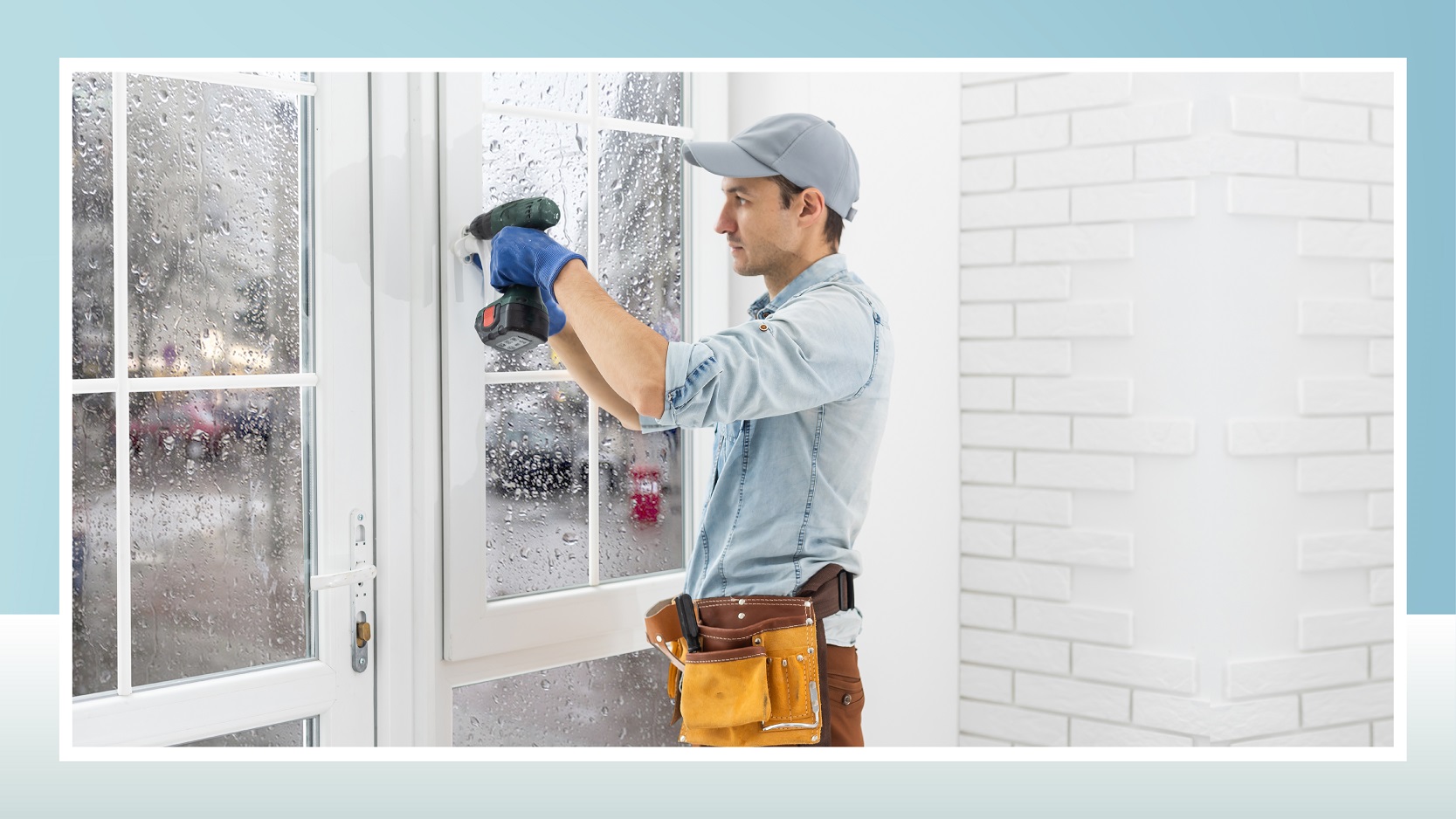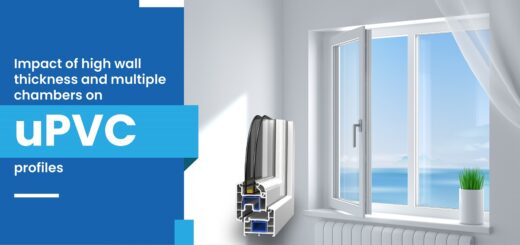Preventing condensation in uPVC windows during the monsoons
The onset of the monsoon season often brings the challenge of condensation on windows. This unwelcome phenomenon can occur due to the increased humidity levels and temperature differentials between the indoor and outdoor environments. However, with the right approach and preventive measures, condensation can be effectively managed. You can always monsoon-proof uPVC windows with the right tips and tricks.

Monsoon proof uPVC windows to enjoy the rains without challenges
Waterproof uPVC windows manufacturers like VEKA offer a range of designs that help homeowners safeguard their interiors during spells of heavy rain.
Read on to learn more about the importance of uPVC Windows in the monsoon season.
Overcoming challenges related to water leakages
The inclement weather, comprising rains and winds, brings forth numerous challenges for homeowners, with the foremost concerns being moisture accumulation and water seepage.
- UPVC windows offer a robust solution by providing exceptional weatherproofing.
- They are engineered to withstand heavy rainfall and prevent moisture from penetrating the walls.
- Their multi-chambered profiles create an effective barrier, safeguarding your interiors from the elements.
- The sealed gaps and airtight construction minimise the risk of water infiltration, ensuring your home remains dry and protected.
- The absence of mould and bacteria formation on furniture and other surfaces helps maintain a healthy indoor environment.
- All uPVC frames are resistant to warping and damage caused by strong winds, providing added security and peace of mind during the monsoon.
With these benefits, uPVC window maintenance for monsoon season can be effective.
Why does condensation occur?
It primarily occurs due to warm, moist air meeting cold surfaces, such as windows.
To prevent this, several measures can be implemented, like:
- Keeping curtains away from windows for better air circulation.
- In kitchens, closing doorways and using exhaust fans helps to expel moisture-laden air.
- Adjusting central cooling in bedrooms can reduce temperature differentials.
- Regularly opening UPVC windows for a short duration facilitates air exchange.
- In bathrooms, closing doors after bathing and leaving windows slightly open during showers can minimise moisture build-up.

Waterproof uPVC windows manufacturers offer tips and advisory for monsoon related issues.
Waterproof uPVC windows manufacturers advisory
By following the above tips and choosing high-quality UPVC windows from a reputable manufacturer, you can significantly reduce condensation.
It is essential to seek guidance from window experts who can provide tailored advice based on your specific requirements and the climate conditions in your area. Observing external condensation on UPVC windows may not always signify a defective unit.
Today, window units are created with modern technology to help homeowners enjoy every season, not only the monsoon. Water and wind resistance are paramount to keep condensation away. Even if moisture appears on the window it needs to be wiped off so that it does damage the rest of the unit and the walls around it.
Dampness will add more trouble to the homeowner’s initial problem. In sensitive cases, it also adds to respiratory issues as unhealthy air filters inside. Once you learn the causes, it will be easy to perform uPVC window maintenance for monsoon season in advance.
To enjoy the rains without condensation worries, request a quote from a trusted UPVC window manufacturer like VEKA and experience the difference.



